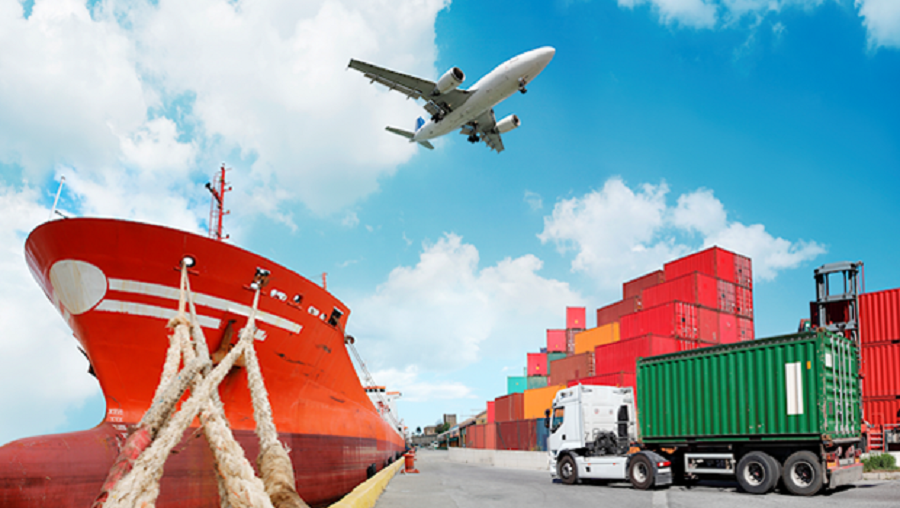Despite a significant decline in Nigeria’s foreign capital inflows in April, Lagos remains the top destination for foreign investments in the country.
According to the latest data from the National Bureau of Statistics (NBS), Nigeria saw a drop of nearly 40 per cent in foreign capital inflows, with a total of $1.4 billion recorded in April, compared to $2.3 billion in March.
Yet, Lagos, the commercial hub of Nigeria, continues to attract the lion’s share of these investments.
Lagos accounted for over 70 per cent of the total foreign capital inflows in April, cementing its position as the primary gateway for investors looking to enter Nigeria’s market.
The city’s dominance is largely attributed to its status as a financial hub, its vibrant economy, and its strategic importance in West Africa.
“Even amid the decline in overall foreign capital inflows, Lagos has proven to be resilient,” says Tayo Oyedeji, Managing Partner at Overland Capital, a Lagos-based investment firm.
READ ALSO: FX crisis worsens foreign investment in Nigerian equities market
“Its infrastructure, skilled workforce, and well-established financial institutions continue to make it the preferred destination for foreign investors.”
Oyedeji adds that “Lagos continues to draw significant interest from global tech giants and startups alike. The city’s technology ecosystem, often referred to as ‘Yabacon Valley,’ is particularly attractive due to its innovative culture and growing digital economy.”
However, the declining trend in Nigeria’s overall foreign capital inflows is a cause for concern. Economic analysts point to multiple factors, including macroeconomic instability, foreign exchange scarcity, and policy uncertainties, as contributors to the decline.
Dr. Ayodele Akinwunmi, Head of Research at FSDH Merchant Bank, notes, “The drop in foreign capital inflows is reflective of global investor sentiment towards Nigeria at the moment. Concerns about exchange rate volatility and inflation are making investors cautious.”
To sustain and potentially grow these inflows, experts argue that Nigeria must focus on economic diversification, policy consistency, and improving its business environment.
“Lagos can only maintain its lead if Nigeria, as a whole, becomes more attractive to foreign investors,” Dr. Akinwunmi explains. “We need to see more reforms in the foreign exchange market, and steps taken to address security concerns that might deter investments.”
The Federal Government of Nigeria has reiterated its commitment to fostering a conducive environment for foreign investment.
Recently, the Central Bank of Nigeria (CBN) introduced measures to stabilize the naira and attract more foreign capital. However, experts caution that more needs to be done.
“There’s a need for consistency in government policies and better communication with investors,” says Bolanle Austen-Peters, an economic policy analyst.
“Lagos will continue to attract investments, but the country must demonstrate its readiness to provide stability and clear guidance to retain and grow these inflows.”

 Entertainment5 days ago
Entertainment5 days ago
 Health1 week ago
Health1 week ago
 Health4 days ago
Health4 days ago
 Football1 week ago
Football1 week ago
 Football1 week ago
Football1 week ago
 Crime4 days ago
Crime4 days ago
 Education6 days ago
Education6 days ago
 Crime1 week ago
Crime1 week ago

